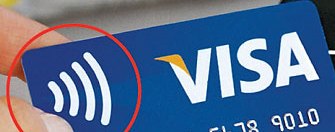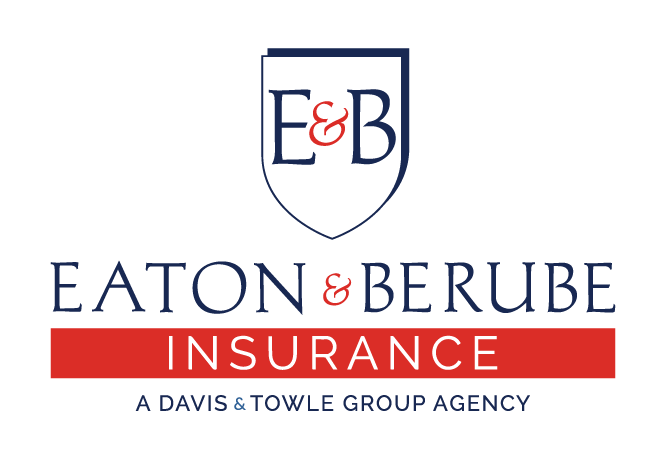The advancement of technology has provided us with many convenient tools to simplify routine tasks, but with these new tools come new risks, and RFID risks represent one of these dangers that has emerged in recent years that consumers must be aware of.
RFID, short for Radio Frequency Identification, is a type of technology that is used in credit and debit cards to store your personal information, creating quicker transactions that eliminate the machines required to swipe and read magnetic strips. These cards contain RFID chips embedded within them that store your information, and an antenna located in these chips receive electromagnetic energy from an RFID reader and uses a radio frequency to transmit the information back to the reader. If your card uses RFID technology, you can make a purchase at retailers with RFID readers simply by holding your card inches from the merchant’s scanner.
However, when this personal information gets into the hands of a reader for which it was not intended, it is easy to imagine the disastrous results. According to Tamperseal.com, criminals can purchase RFID readers on websites like eBay for as little as $8.00, and can use these devices to steal your personal information just by walking by you. While some RFID chips allow the information they contain to be read at only a short distance of a few inches, others permit readings at distances of 10 to 20 feet, which could allow an unwelcome individual to read your chip completely unbeknownst to you.
 You may be wondering, “how do I know if my credit card uses RFID technology?” There are several ways to determine whether your credit cards subject you to RFID risks. Examine your credit card and if it contains a symbol like the one pictured to the right, or the words “PayPass,” “payWave” or “Blink,” then it uses RFID technology. According to WTHR, as of 2011, more than one billion credit cards had been issued with RFID chips.
You may be wondering, “how do I know if my credit card uses RFID technology?” There are several ways to determine whether your credit cards subject you to RFID risks. Examine your credit card and if it contains a symbol like the one pictured to the right, or the words “PayPass,” “payWave” or “Blink,” then it uses RFID technology. According to WTHR, as of 2011, more than one billion credit cards had been issued with RFID chips.
If you find that your card uses RFID technology, below are several safety precautions you can take to protect yourself against RFID risks:
- Cancel your current credit card and request a replacement one that does not use RFID technology.
- Purchase an RFID blocking wallet or sleeve that contains a metal shield to block radio frequencies. As a do-it-yourself alternative, wrap your credit card in a piece of aluminum foil to block these signals.
- Monitor your credit and debit card statements closely for suspicious charges, as identity theft can occur unbeknownst to you.
- Talk to your NH insurance agent about ID theft coverage to protect you in the event that your personal information is stolen despite having taken these safety precautions. Click here or below to get a free quote for identity theft insurance.
The following video provided by WTHR expands on RFID technology, how it works, and how to protect yourself from RFID risks:

